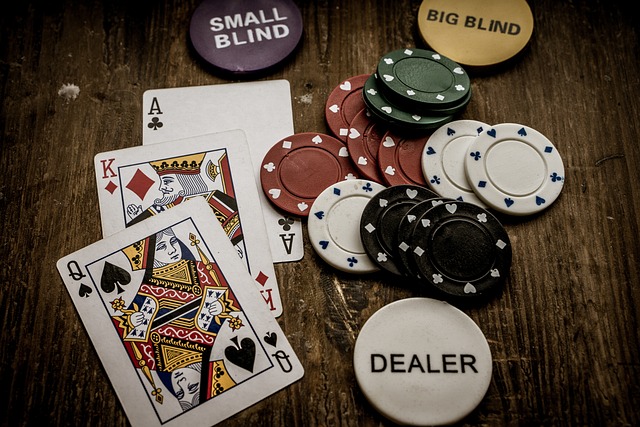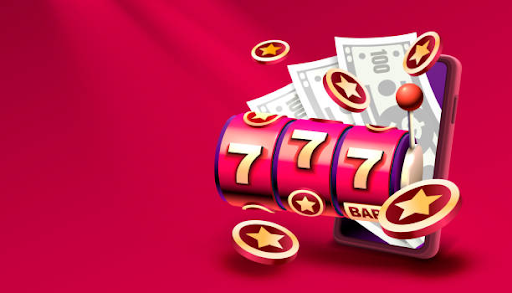In the world of poker, where skill meets chance, mastering the art of making the right moves can be the difference between triumph and defeat. Welcome to our comprehensive guide that delves into the strategic nuances of poker gameplay. Here, at [Your Company Name], we are dedicated to providing you with the insights you need to elevate your Poker Game to new heights. Let’s dive into the intricacies of doubling down and folding, two crucial decisions that can shape your poker destiny.
Understanding the Power of Doubling Down
Doubling down is a strategic move that carries the essence of confidence and calculated risk. It’s the decision to double your initial bet after seeing your first two cards. This move is often used when a player has a strong hand and believes that their chances of winning the hand are high.
When to Double Down?
The key to successful doubling down lies in understanding the odds, your hand, and the dealer’s upcard. Generally, doubling down is recommended in the following scenarios:
- Totaling 10 or 11: If your initial two cards add up to 10 or 11, you’re in a prime position to double down. These totals provide a higher probability of hitting 21, the coveted blackjack, especially if the dealer’s upcard is low.
- Against a Weak Dealer Card: If the dealer has a low upcard (2 through 6) and your hand value is 9, 10, or 11, doubling down is a strategic move. The dealer’s increased chances of going bust can work in your favor.
- Soft Hands: A soft hand (one containing an Ace) gives you flexibility. When you have a soft 16 to 18 and the dealer’s upcard is low, doubling down can optimize your potential winnings.
Mastering the Fold: When Caution Takes the Lead
While doubling down exudes confidence, folding is a lesson in humility and prudence. Folding is the decision to forfeit your hand, losing your initial bet but saving yourself from potential further losses.
When to Fold?
Knowing when to fold is a critical aspect of poker strategy. It’s about recognizing when the odds are not in your favor and having the discipline to step back.
- Weak Starting Hand: If your initial two cards form a weak hand and show little potential for improvement on the next cards, folding is usually the wise choice. It’s essential to avoid chasing losses.
- Reading Your Opponents: Poker is not just about cards; it’s about people. If you sense strength from your opponents through their betting patterns and behavior, folding might save you from walking into a well-laid trap.
- Unfavorable Community Cards: In games like Texas Hold’em, where community cards are crucial if the flop doesn’t align with your hand, folding can prevent unnecessary losses.
Strategies for Elevating Your Poker Game
1. The Bluffing Game
Bluffing is an art that, when used judiciously, can tilt the odds in your favor. Skilled bluffing can make your opponents fold even with a strong hand. However, mastering this art requires keen observation and an understanding of your opponent’s tendencies.
2. Reading Your Opponents
Poker is a psychological battlefield. Observing your opponents’ body language, facial expressions, and betting behavior can offer insights into the strength of their hands. Use this information to inform your decisions.
3. Bankroll Management
Poker success isn’t just about individual hands; it’s about the long game. Managing your bankroll ensures you have enough funds to weather losses and capitalize on wins without risking it all on a single hand.
Conclusion: Navigating the Poker Seas
In the intricate dance between luck and skill that defines poker, your ability to make the right decisions at the right time is the ultimate differentiator. Whether you’re considering doubling down with conviction or folding with grace, your understanding of the game’s strategic aspects is paramount. By analyzing the odds, reading your opponents, and managing your resources, you can forge a path to poker success.
Remember, the realm of poker is a journey, and each decision is a stepping stone. Keep honing your skills, learning from your experiences, and embracing the dynamic nature of the game. The cards are dealt, the bets are placed, and it’s up to you to decide whether to double down or fold.




